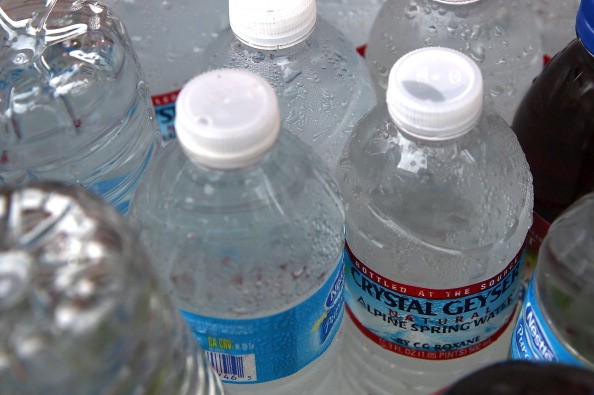
The European Food Safety Authority (EFSA) has declared that the chemical bisphenol A (BPA) is not a health risk to consumers, including unborn children, at the current levels of exposure. BPA is used in plastics as a stiffener, and was widely used in plastic food containers, coatings in food cans, and also on the thermal paper used in cash register receipts.
The agency came to this decision on BPA because "current exposure to the chemical is too low to cause harm." In coming to this decision, it performed a complete re-evaluation of the safety of BPA based on new scientific information its effects.
At the same time, EFSA lowered the estimated safe level (known as the tolerable daily intake) to 4 micrograms per kilogram of body weight per day. The estimated safe level had been 12.5 times higher. The highest estimate for total exposure to BPA from all sources is one-third to one-fifth of this estimated safe level, and most exposure is less than that. This safe level is temporary, and may change based on data from an on-going long-term study of rats exposed to BPA.
BPA is in a class of chemical compounds called endocrine disruptors, which can interfere with the endocrine system in mammals. BPA can leach in small amounts into food and drinks that were stored in plastic containers with BPA. New estimates are that BPA exposure from food is lower than previous estimates used by EFSA,
Levels of BPA that are 100 times the new estimated safe level can cause adverse effects in the liver and kidneys, based on animal studies, according to EFSA. Large amounts of BPA can have here are potential health effects on the mammary gland, reproductive, metabolic, nervous system, and immune systems, but these were taken into account when the new safe levels were determined, according to a statement from EFSA.
The U.S. Food and Drug Administration (FDA) banned BPA from baby bottles in 2012. At that time, the FDA found BPA to be safe at low levels and said there was not enough evidence to ban it completely.

